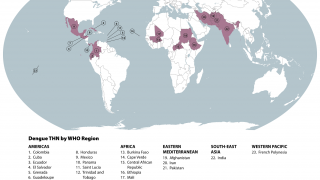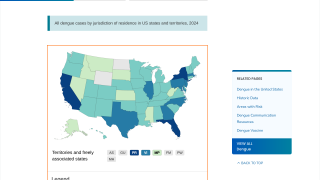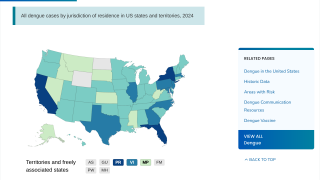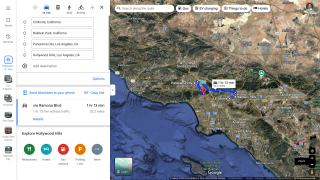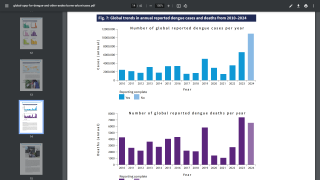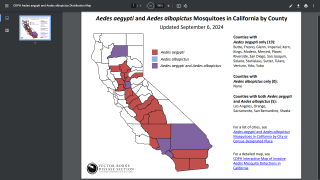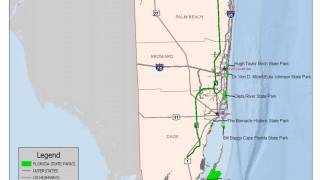Dengue Outbreak Alerts Issued for 12 Asia & Pacific Countries

A new Travel Alert has been published indicating the Dengue disease has become a risk for people in many parts of Asia and the Pacific Islands.
On January 2, 2020, the US Centers for Disease Control and Prevention (CDC) updated over 12 Level 1 Travel Alerts for the countries reporting increased numbers of Dengue disease cases.
This ‘Practice Usual Precaution’ Travel Alert says ‘travelers to Asia and the Pacific Islands can protect themselves from Dengue by preventing mosquito bites.’
Dengue is a viral disease caused by a virus spread through mosquito bites. The disease can take up to 2 weeks to develop with illness, which includes fever, headache, nausea, and vomiting, generally lasting less than 1 week.
However, Dengue can become severe within a few hours. Severe Dengue is a medical emergency, usually requiring hospitalization, said the CDC on October 9, 2019.
Another option to prevent contracting Dengue is with a preventive vaccine.
In May 2019, the vaccine Dengvaxia was approved by the US Food and Drug Administration (FDA) in the USA for use in children between the ages of 9-16 years old living in an area where dengue is common, such as Puerto Rico and the US Virgin Islands.
The Dengvaxia vaccine is suggested for people with a previous laboratory-confirmed dengue virus infection and is indicated for the prevention of dengue disease caused by dengue virus serotypes 1, 2, 3 and 4.
Dengvaxia is a live attenuated tetravalent chimeric vaccine made using recombinant DNA technology by replacing the PrM (pre-membrane) and E (envelope) structural genes of yellow fever attenuated 17D strain vaccine with those from the four dengue serotypes.
Additionally, the vaccine manufacturer, Sanofi Pasteur, announced in 2017 that people who receive the Dengvaxia vaccine and have not been previously infected with a dengue virus may be at risk of developing Severe Dengue if they get dengue after vaccination.
The CDC says ‘when testing to determine if a person previously contracted Dengue, healthcare providers should review the patient’s past medical history, recent travel history, and vaccination record, especially for yellow fever and Japanese encephalitis vaccinations, to determine the likelihood that the current or recent illness is due to an infection with dengue virus.’
> Dengue Testing offered at UltaLabs <
According to the CDC, the countries listed below are reporting higher-than-usual numbers of dengue cases, and travelers visiting these countries may be at increased risk for contracting this viral disease:
- Bangladesh
- Cook Islands
- Federated States of Micronesia (Yap State)
- French Polynesia (Tahiti, Bora Bora, Moorea, Nuku Hiva, Raiatea, Huahnine, Rangiroa)
- Guam
- Marshall Islands (Aur, Ebeye, Majuro, Maloelap, Utrik)
- Nepal
- Pakistan
- Palau
- Philippines
- Singapore
- Sri Lanka
During 2019, the CDC issued similar Dengue-related Travel Alerts for Africa and the Americas.
In the USA, the state of Florida reported both travel-related (395) and locally-acquired (16) Dengue cases, as of December 28, 2019.
The CDC suggests people considering a dengue vaccination should speak with a qualified healthcare provider.
Dengue vaccine news is published by Vax-Before-Travel
Our Trust Standards: Medical Advisory Committee

